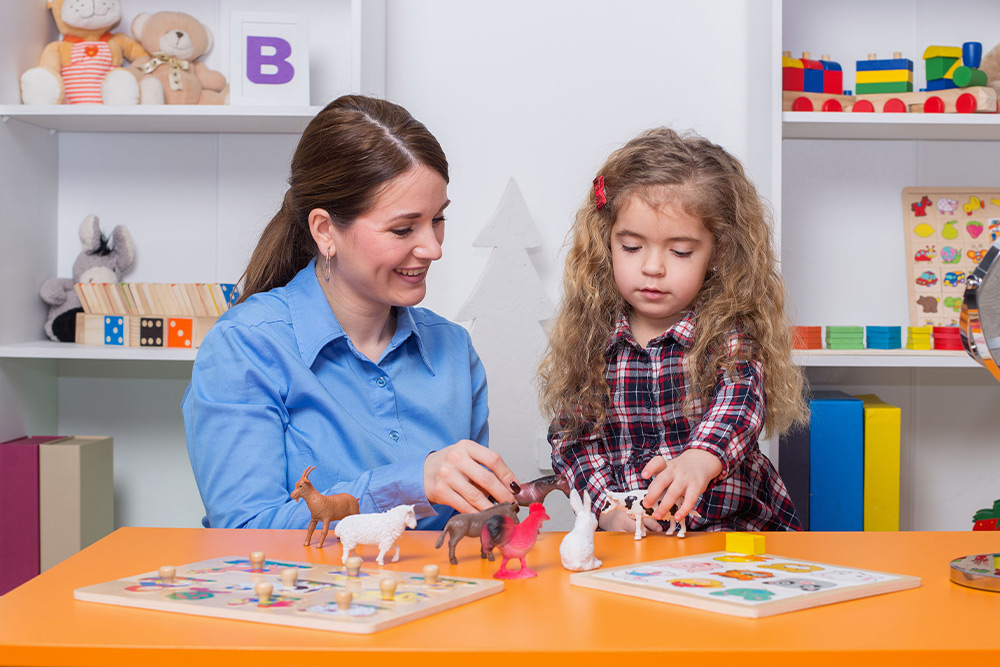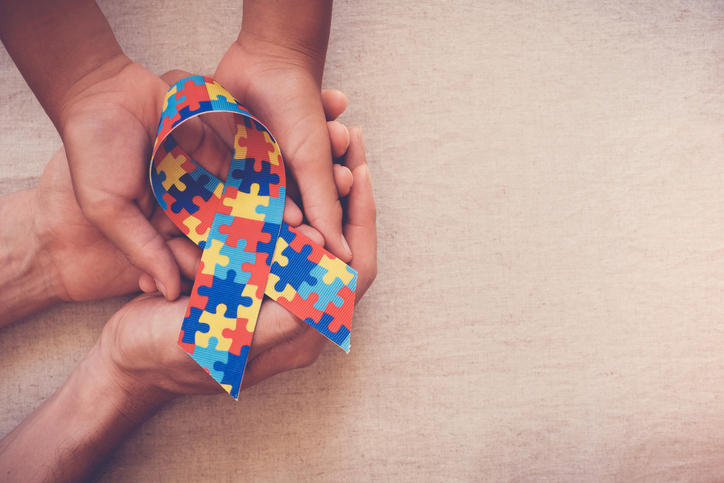Teacher Appreciation Week is a timely opportunity for school leaders, district administrators, and education partners to express genuine gratitude to the professionals who shape future generations. At Pediatric Therapeutic Services (PTS), we see firsthand the impact teachers make every day. …
Nearly 1 in 7 children ages 3-17 has a diagnosed mental or behavioral health condition—yet almost half don’t receive needed services.* That gap can be life-changing. At Pediatric Therapeutic Services (PTS), we partner with schools to help close it. Mental …
Every school day presents various challenges for teachers and service providers alike—from managing classroom routines to engaging in tasks that build essential skills. As an Occupational Therapist, you play a pivotal role in school-based therapy interventions. At Pediatric Therapeutic Services …
Occupational Therapy Appreciation Month is a special time dedicated to recognizing the essential contributions of occupational therapists in improving lives. Each April, this month-long celebration highlights the dedication, expertise, and compassion of professionals who help individuals regain and enhance their …
Teachers and administrators in schools can help students improve their fine motor skills through classroom activities with the help of therapists who work alongside Pediatric Therapeutic Services (PTS).
Handwriting is an essential skill taught in the classroom, but keeping students engaged in practice can sometimes be challenging. As a teacher, you can transform handwriting exercises into exciting activities with engaging, educational games. Pediatric Therapeutic Services (PTS) supports educators …
Teachers and administrators in schools can help students improve their fine motor skills through classroom activities with the help of therapists who work alongside Pediatric Therapeutic Services (PTS).
Teachers and administrators in schools can help students improve their fine motor skills through classroom activities with the help of therapists who work alongside Pediatric Therapeutic Services (PTS).
A Registered Behavior Technician (RBT) works directly with both children and adults to address behavior concerns and assist in implementing effective interventions. If you are interested in becoming an RBT, you’ll need to meet several certification eligibility requirements. Then, you …
Writing effective Physical Therapy (PT) IEP goals is essential to the success of students with disabilities in school settings. As a school-based PT, your job is to ensure that these goals align with educational objectives while meeting the unique needs …










